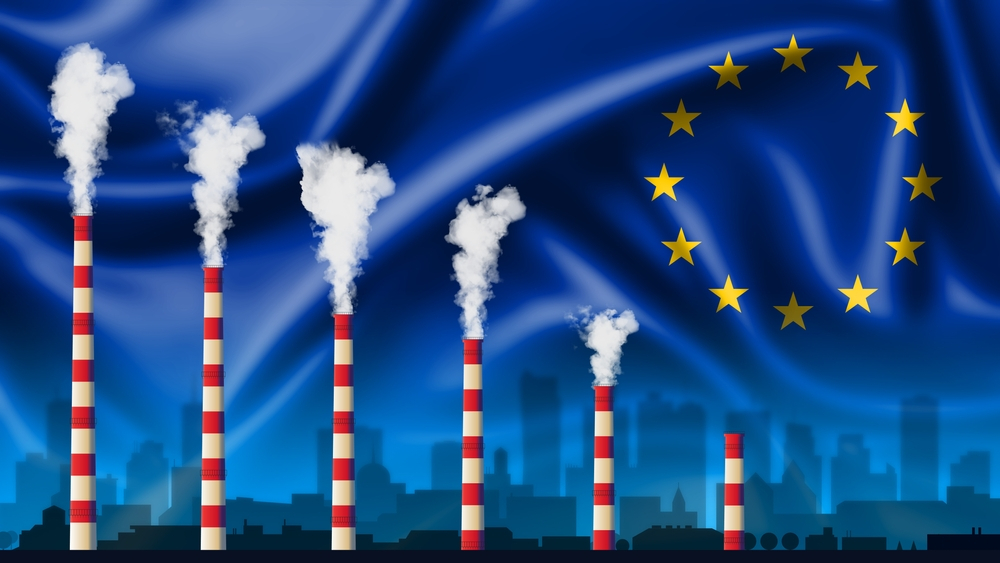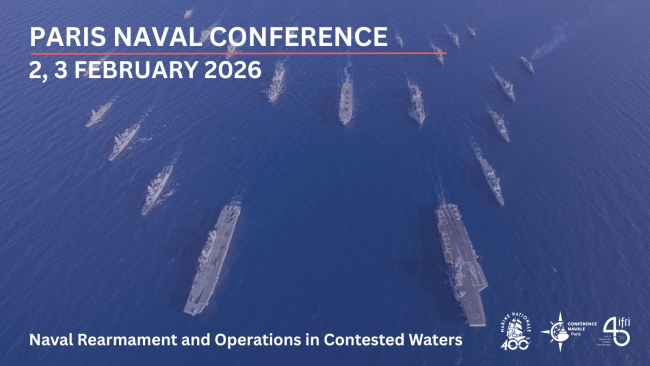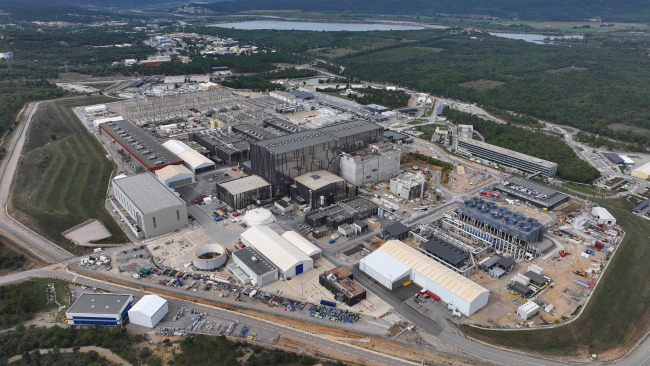The future of EU industrial policy: will it be “Made in Europe”?

Practical information
Themes and regions
Related centers and programs
The United States of America has deployed the powerful tool of the Inflation Reduction Act to stimulate decarbonization investments, support all low carbon technologies and prioritize homemade technological leadership.

Europeans now agree on the need to foster their trade and industrial policies as showcased through the European Commission's priorities. The timing is opportune as the EU faced a substantial trade balance deficit, sees an increasing reliance on imports for low carbon technologies, equipment and raw materials, alongside energy resources, existential challenges for energy-intensive industries, and insufficient investment in the electricity sector.
Investment booster on one side of the Atlantic, regulatory incentives sticks on the other, possibly coupled with all-out national subsidies for those who can afford it? Is the EU fit for the industrial dimension of the Green Deal and systemic global rivalries? What are the risks and opportunities, especially related to the electricity market design and the critical raw materials act, trade policy and support measures for low carbon technologies?
PROGRAM
9:00-10:00 | How can the Net Zero Industrial Act and Electricity Market Design reform work together to boost clean technology manufacturing and support energy-intensive industries with competitive, low carbon and reliable energy supplies?
- Christian Ehler, Member of European Parliament, Comittee on Industry, Research and Energy
- Ignacio Asenjo, Policy Officer DG Energy, C1-Renewables and Energy System Integration Policy
- Cosmin Ghita, CEO, Nuclearelectrica
- Amélie Roux, Chief Economist, Saint-Gobain
- Jean-André Barbosa, Vice-President European Affairs and Regulation, Renault Group
10:00-10:30 | Questions & Answers
This webinar will be held on Zoom, in English.
Related Subjects
Other events

Paris Naval Conference 2026: Naval Rearmament and Operations in Contested Waters
This fourth edition of the Paris Naval Conference (CNP), bringing together high-level military, industrial, and academic speakers, will address the challenges associated with general naval rearmament and naval operations in increasingly contested environments.

Is Fusion Coming Faster and Cheaper than Expected?
ITER was for long time the embodiment of fusion as an international, long standing R&D cooperation objective to seek a new way to produce safe, low carbon and abundant low carbon electricity. Yet over past years, fusion start ups, several governments and investors have decided to push fusion R&D and deployment to complement ITER. Major efforts are ongoing notably in the United States, China, Germany, Italy.

EV Supply Chains for Japan and Europe: Strengthening Economic Security
Economic security aims to ensure the resilience of supply chains for key industries: the case of electric vehicle production in Japan and Europe will be discussed.







